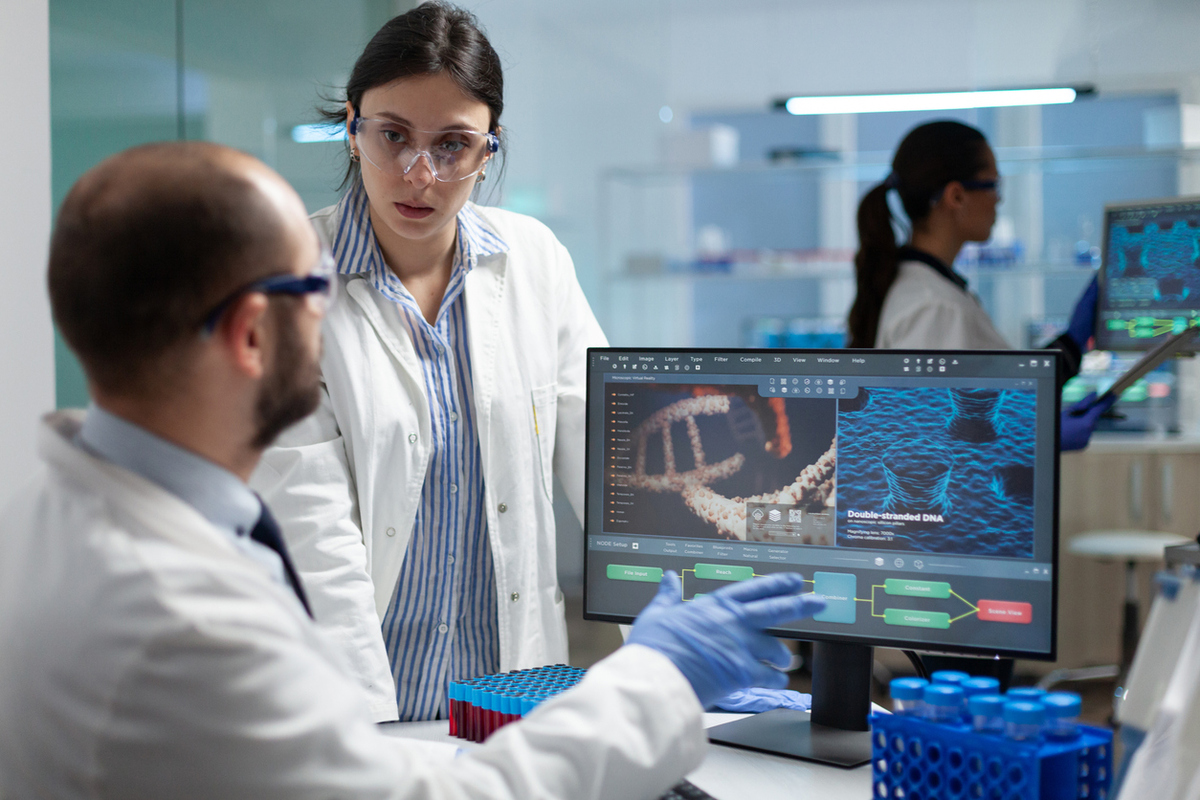
UC San Diego and Yale Scientists Develop Safer Alternative to CRISPR
September 24, 2025| |
Researchers from the University of California (UC) San Diego and Yale University have developed a new gene editing approach that could be safer than the widely used CRISPR system. The method, explained in Nature Chemical Biology, uses human-based editing systems to make highly specific, temporary modifications.
While CRISPR has transformed gene editing, it is also known to cause unintended consequences when used to edit human DNA. In search of safer alternatives, the team of Dr. Gene Yeo, corresponding author of the study and a professor at UC San Diego, tested two systems using small nuclear RNAs that corrected RNA “letters” (adenine, uracil, cytosine, and guanine) with greater precision and safety. As opposed to bacteria-based editing systems, “Human-based editing systems have less potential for issues,” said Dr. Yeo.
The results showed the small nuclear RNA approach produced fewer off-target edits, worked better on complex RNAs, and successfully repaired faulty genes in a cystic fibrosis model. The research team said that this approach could lead to safer, more precise treatments for a variety of diseases, including neurodegenerative, cardiovascular, and immune disorders.
For more information, read the article from UC San Diego.
| |
You might also like:
- Experts Introduce CRISPR-GPT to Automate Gene Editing Experiments
- Experts Discover New CRISPR-Cas Systems
- Experts Develop All-in-one CRISPR Toolbox for Large-scale Screens in Plants
Biotech Updates is a weekly newsletter of ISAAA, a not-for-profit organization. It is distributed for free to over 22,000 subscribers worldwide to inform them about the key developments in biosciences, especially in biotechnology. Your support will help us in our mission to feed the world with knowledge. You can help by donating as little as $10.
-
See more articles:
-
Plant
- UC San Diego and Yale Scientists Develop Safer Alternative to CRISPR
- CSHL Scientists Discover Master Switch for Plant Growth
- Researchers Pinpoint Soybean Gene Involved in Seed Size and Quality
- EU Authorizes Use of GM Maize DP51291 for Food and Feed
- CRISPR Produces Disease-resistant Cacao Plants
- Study Reveals Extreme Dwarfism in Wheat Impairs Gluten Composition and Baking Quality
- Survey Examines Farmers’ Adoption of Bt Brinjal in Bangladesh
-
Environment
- Gene-Edited Poinsettias Branch Naturally, Do Not Need Bacterial Infection and Pruning
-
Read the latest: - Biotech Updates (December 17, 2025)
- Gene Editing Supplement (December 17, 2025)
- Gene Drive Supplement (February 22, 2023)
-
Subscribe to BU: - Share
- Tweet

